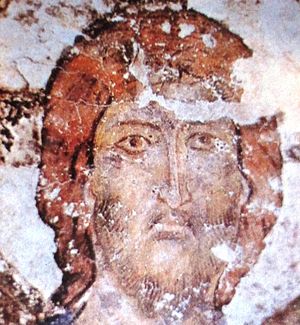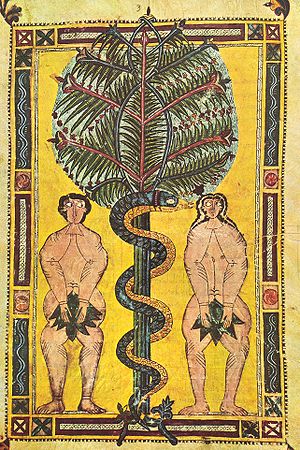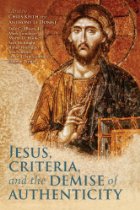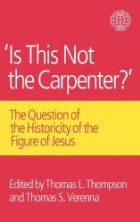This is my response to James McGrath’s post, Mythicist Language is Designed to Make Lies Sound Truthful. Is McGrath really saying that a mythicist argument by Brodie is actually a set of “lies”? If so, that underscores the very point I have been making about how censorship works in academia — and McGrath is himself one of the most stalwart of guardians of “correct thoughts” in the arena of New Testament studies.
James McGrath continues to refer to even the most dry, factual posts and writings that lean towards favoring the Christ myth thesis as “rants” and “lies” — presumably solely on the grounds that any writing that leans to such a conclusion must by definition be a “rant” or a “lie”.
And THAT is exactly why it is an Orwellian joke that such a person should be considered as qualified to speak about censorship and academic freedom in the context of the Christ myth. THAT is how censorship in academia works. It is through this sort of institutional intellectual bullying — denigrating anyone who advances certain types of alternative views as peddlers of “rants” or “lies” — that we see censorship working in all sorts of areas. There is no need for a “conspiracy” — and of course McGrath likes to intimate in his same post that mythicists are “conspiracy peddlers”, too — which is a real rant and lie. Academia is not immune from this sort of subtle systemic censorship, and never has been, as Julien Benda pointed out so dramatically in another context with “The Treason of the Intellectuals”. What was true of France in his day has been just as true of the English speaking intelligentsia up to our own day. And if it is so blatant in the political arena, we should not be surprised if it is alive in the world of public religious convictions, too. Politics and religion, the most ideological of our academic “disciplines”.
The same old
Of course McGrath will protest that he has engaged with and rebutted mythicist arguments many, many times. He will wave his hand and invite readers to look at all those posts and comments he has made in the past.
I encourage everyone who reads such hand-waving invitations of his to hold him to account and insist he direct a reader to a specific post or comment. (Note that’s exactly what I did in my earlier post to which he is now responding.) Continue reading “McGrath: The Facts Are Such “Minor” Details. Impressions Rule!”










